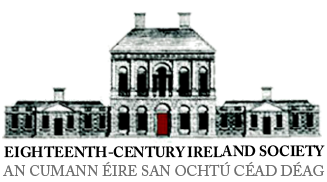Type: Article
Silke, John J. ‘Bishop Coyles Pious Miscellany’, Eighteenth-century Ireland/Iris an dá chultúr, Vol. 9 (1994), Pp 114-128..
Irish catholics writing in the eighteenth century believed there was a common cause between catholicism and the Irish language. The fact that Anthony Coyle, bishop of Raphoe wrote his Collectanea sacra: or pious miscellany in verse and prose (1780) in English rather than Irish displeased later commentators, Thomas Wall in particular. According to Silke, That in Donegal of all places, and by a bishop, this common bond between catholicism and the Irish language should have been severed was rather shocking. The article discusses Coyles writings in the context of the political and religious atmosphere of the late eighteenth-century, and considers the impact of the penal laws, the beginnings of the anglicisation of the catholic clergy, debates on the origins of Irish Christianity, and Coyles strong convictions on faith and truth. Silke concludes that Coyle showed moderation and caution as a catholic bishop living in an area of Ireland where protestant ascendancy controlled all the apparatus of power. Furthermore, His writing in English rather than in Irish shows his desire to give an account of his faith, with all courtesy but with conviction to the large and influential non-catholic population of his diocese.
